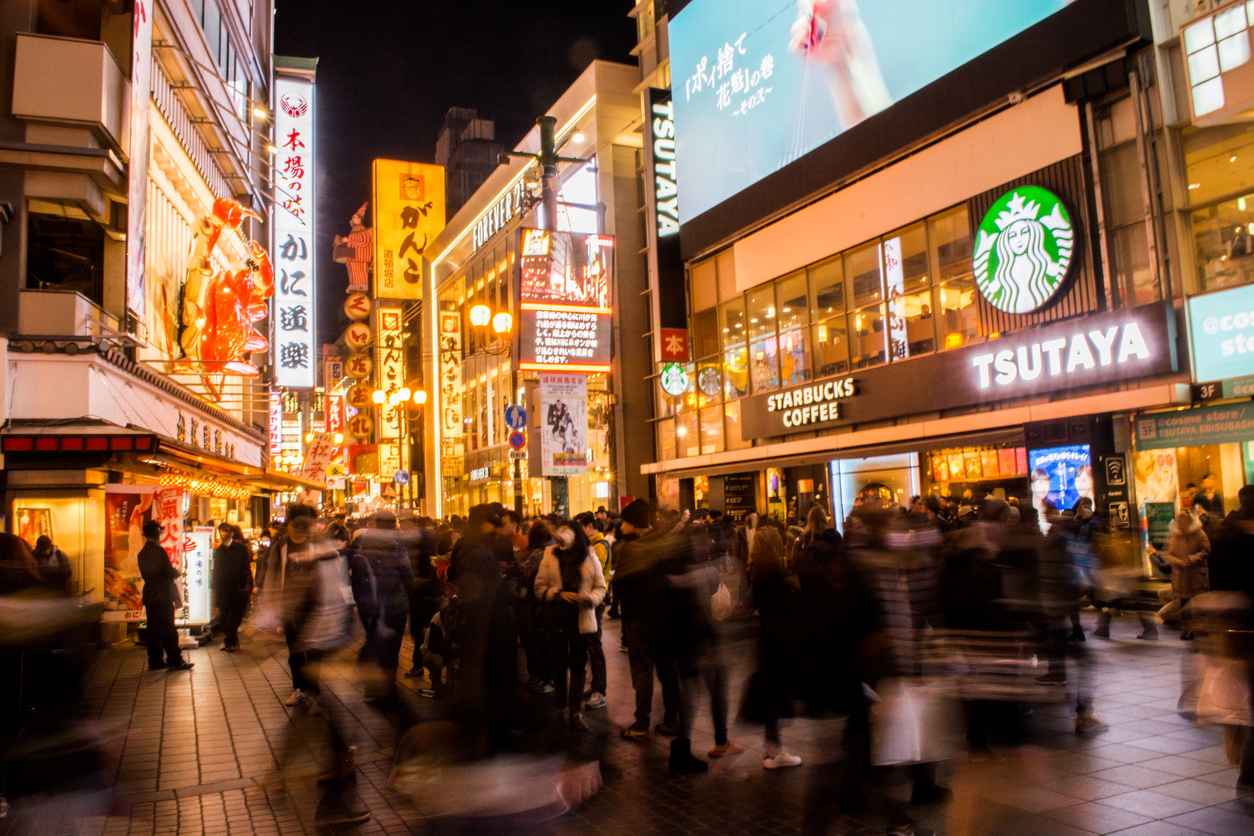- December 29, 2023
- 2 minutes read
American Fast Food Chains Find a Sweet Spot in China Amid Economic Challenges

As China grapples with economic uncertainties, there is a surprising beacon of investment resilience—American fast-food chains. In a year marked by global brands reevaluating their engagement with China, renowned names like KFC, McDonald’s, and Starbucks are expanding their footprint, defying the prevailing cautious sentiment.
KFC China’s parent company celebrated the opening of its 10,000th restaurant this month, with ambitious plans to reach half of China’s population by 2026. McDonald’s is set to launch 3,500 new stores in the next four years, and Starbucks recently invested $220 million in a manufacturing and distribution facility in eastern China, signaling its largest project outside the United States.
While these moves may not align with China’s vision for advancing its economy, characterized by a focus on high-tech industries, they underscore the resilience of consumer-oriented sectors amid challenges facing other businesses. As Phil Levy, chief economist at Flexport, points out, “These are not high-tech burgers.”
The broader landscape, however, reveals a decline in overall foreign investment in China, with a net deficit of $11.8 billion in the July-September quarter—the first since data collection began in 1998. Tensions between China and its Western trading partners, coupled with concerns about economic policies, have prompted many multinational companies to redirect investments to alternative regions like Southeast Asia or India.
China attributes this decline partly to U.S. government policies, accusing Washington of politicizing economic and technological issues, hindering trade, and restricting investments. A survey by the U.S.-China Business Council echoes these concerns, indicating a deterioration in the business environment and decreased optimism among American companies operating in China.
Despite the enormous market potential, China faces economic challenges, including rising unemployment among young people, falling housing prices, and a declining stock market. Yet, fast-food chains see an opportunity in simplicity and stability. McDonald’s CEO, Chris Kempczinski, emphasizes capturing increased demand in China, highlighting the fast-food industry’s ability to navigate complexities more easily than high-tech sectors.
While U.S.-China relations remain complex, fast food represents a unique sector that, for now, avoids the political and security frictions affecting high-tech industries. As other companies seek to “de-risk” from China, the fast-food industry remains cautiously optimistic, leveraging China’s vast market without encountering the hurdles faced by more technologically advanced sectors.
